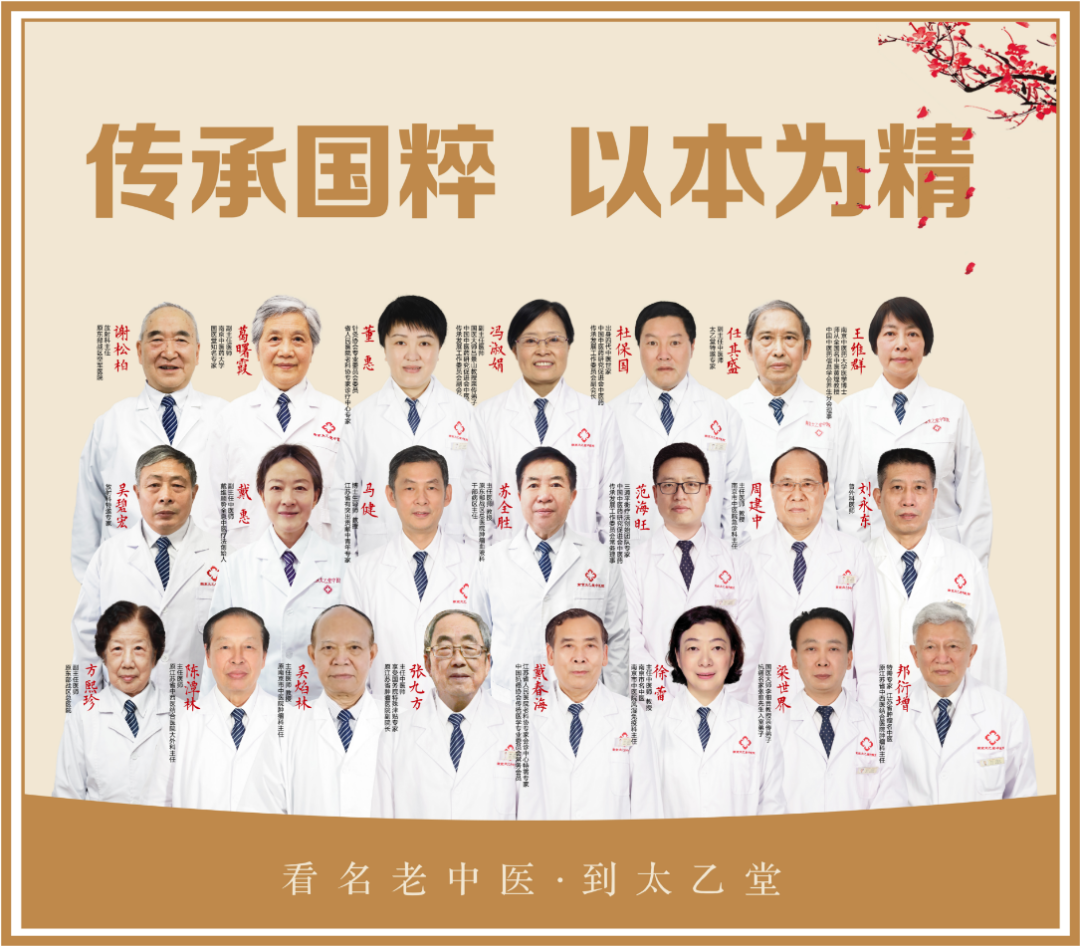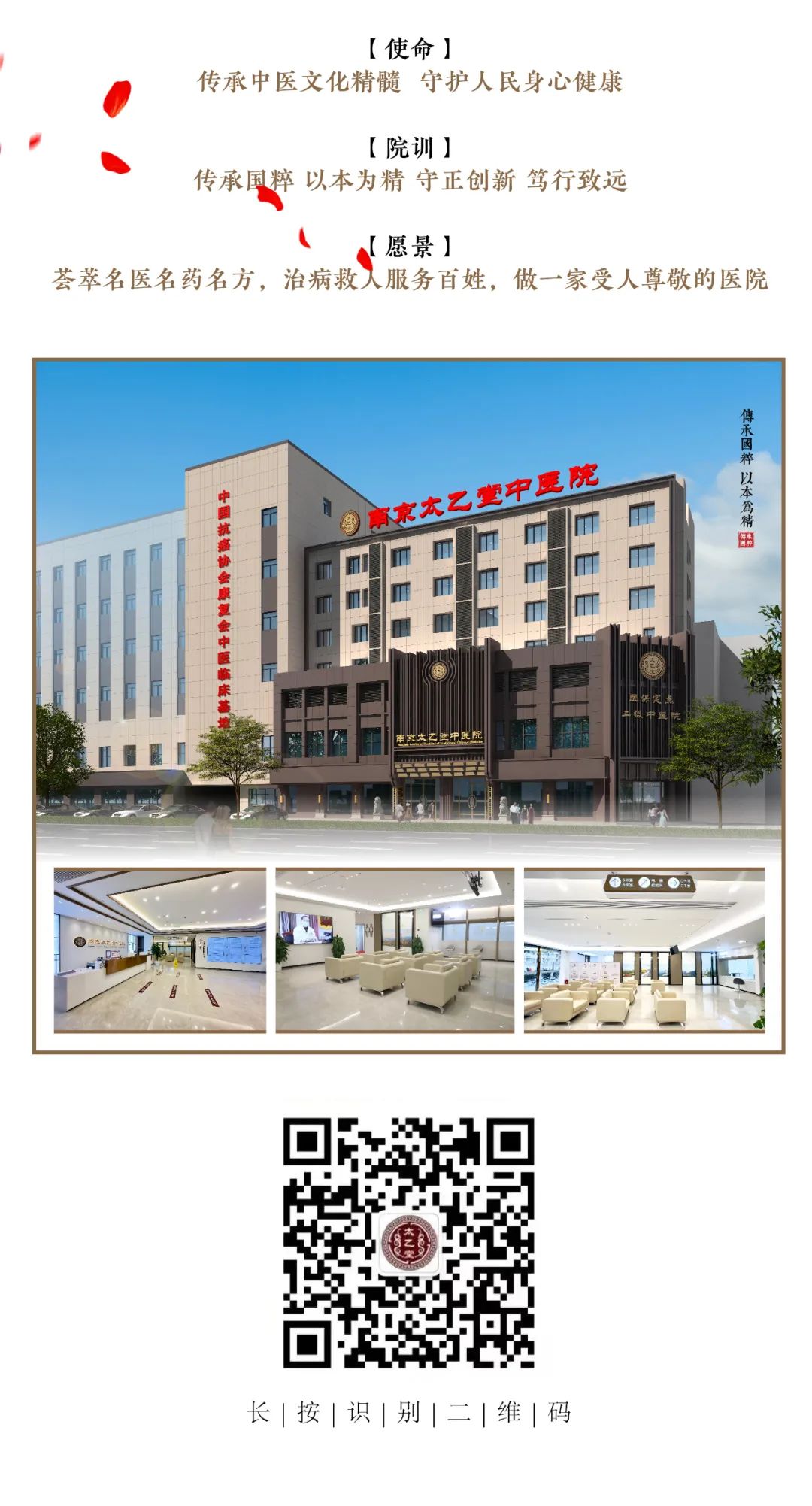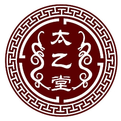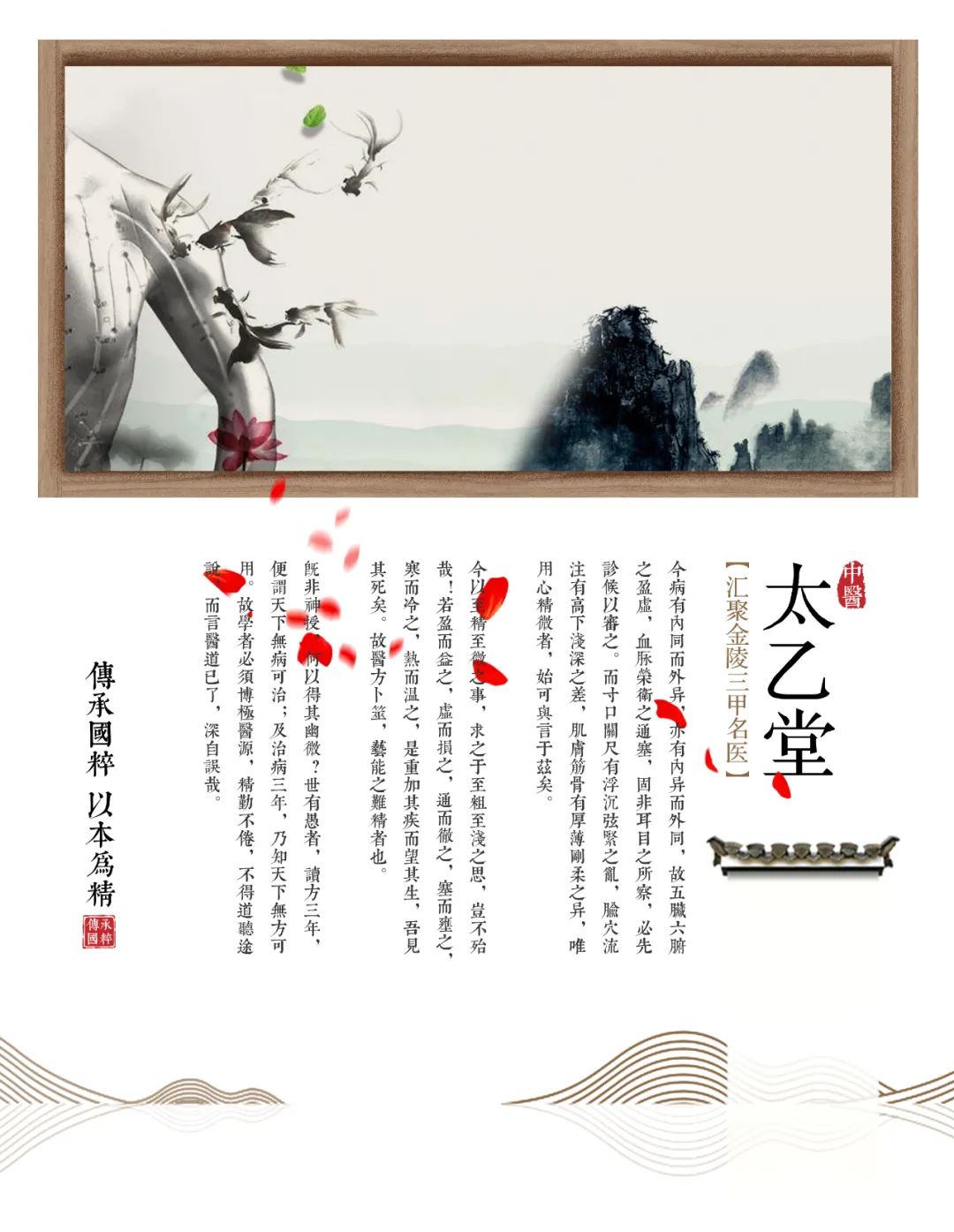
National
Traditional Medicine
Day
Every year on March 17th, China celebrates National Traditional Medicine Day to commemorate the victory against the abolition of traditional medicine and the complete denial of Traditional Chinese Medicine (TCM) and herbal medicine. This day aims to promote TCM and herbal medicine in China and worldwide, benefiting humanity. It holds significant meaning in establishing cultural confidence in TCM, affirming its value, and aiding its global outreach.
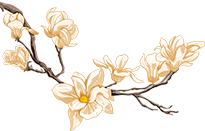
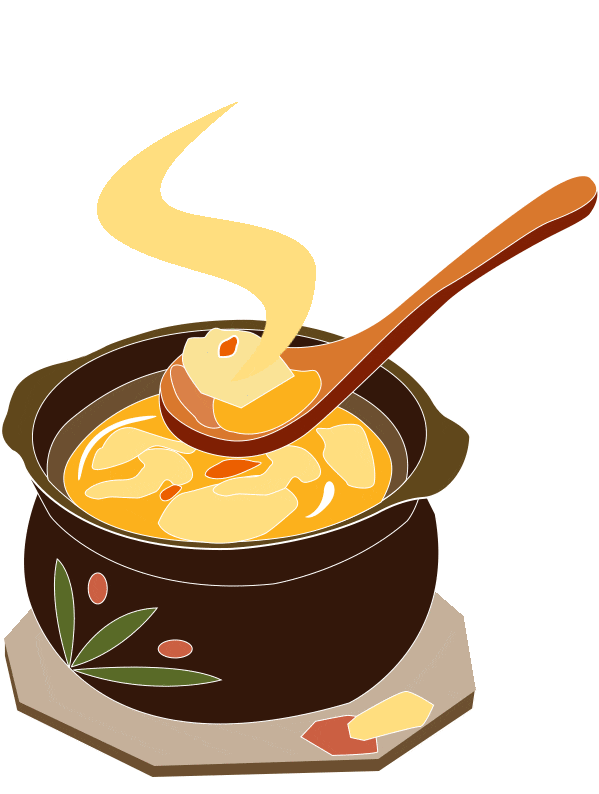
TCM Diagnostic Methods
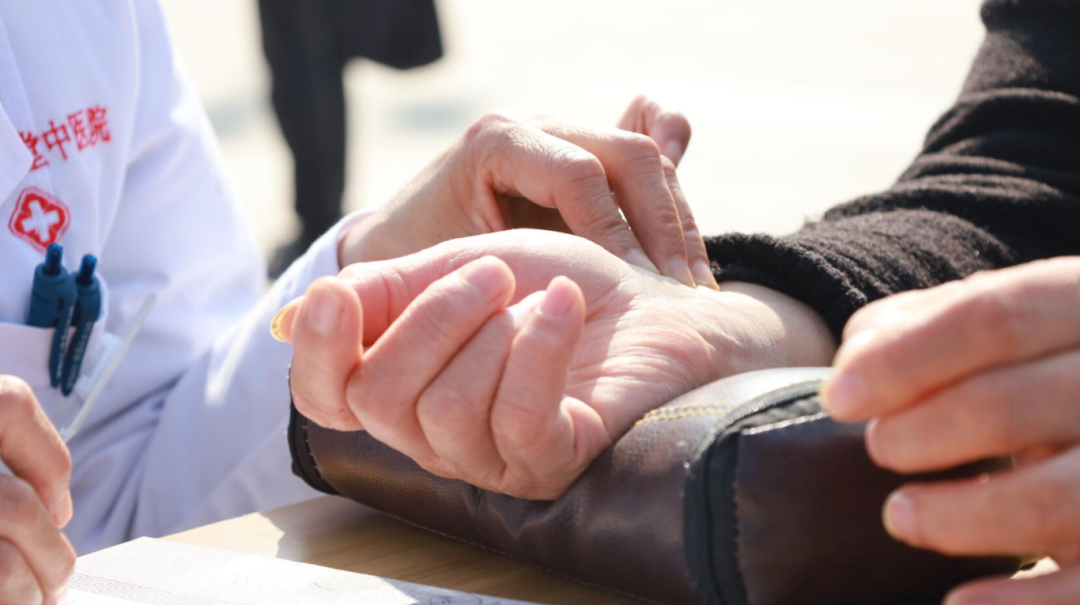
Observation (Wang Zhen)
Observation involves purposeful examination of the patient’s spirit, complexion, form, state, and tongue appearance to assess internal organ changes. Through extensive medical practice, TCM has recognized the close relationship between external features, especially the face, tongue quality, tongue coating, and the internal organs.
Listening and Smelling (Wen Zhen)
Listening and smelling include two aspects: hearing sounds and smelling odors. It primarily involves listening to the patient’s voice and breath for variations in pitch, strength, clarity, and urgency to discern the condition’s nature (deficiency or excess, cold or heat).
Inquiry (Wen Zhen)
Inquiry refers to asking about symptoms; it involves understanding the patient’s medical history, family history, causes of onset, progression of the illness, main complaints, subjective symptoms, dietary preferences, etc. This is combined with observation, listening, and pulse diagnosis for comprehensive analysis and judgment.
Pulse Diagnosis (Qie Zhen)
Pulse diagnosis is a method of using the fingers to palpate the patient’s body to understand the condition. It involves feeling the pulse at the wrist to perceive changes in pulse quality, distinguishing the functional state of the organs, and assessing the balance of Qi, blood, and body fluids.


Fundamentals of TCM
Traditional Chinese Medicine is based on the theories of Yin-Yang and the Five Elements, viewing the human body as a unity of Qi, form, and spirit. Through the four diagnostic methods of observation, listening, inquiry, and pulse diagnosis, TCM seeks to explore the causes, nature, and location of diseases, analyze pathogenesis, and assess changes in the five internal organs, meridians, joints, Qi, blood, and body fluids. This leads to the identification of disease names and patterns, allowing for treatment based on syndrome differentiation, employing methods such as sweating, vomiting, purging, harmonizing, warming, clearing, tonifying, and reducing, using various treatment modalities including herbal medicine, acupuncture, tuina (Chinese therapeutic massage), cupping, qigong, and dietary therapy to achieve balance and recovery.
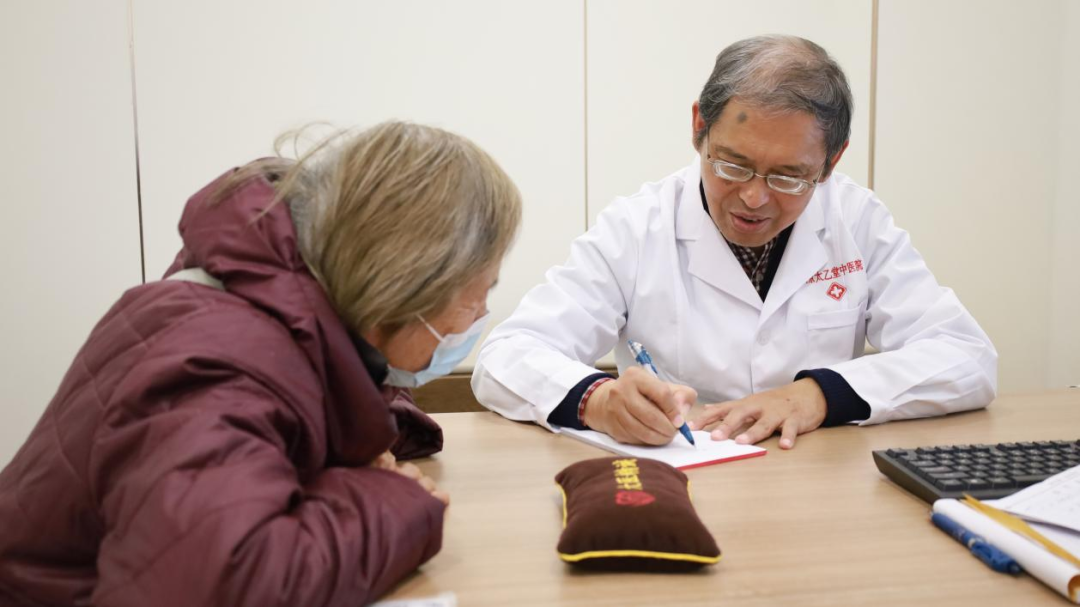
1Theory of Qi
Qi is the primordial substance that constitutes all things in the universe. The movement of Qi is referred to as “Qi mechanism,” which has four forms: ascending, descending, entering, and exiting. For example, “Human beings correspond with heaven and earth, and resonate with the sun and moon.” The essence of heaven and earth transforms into human beings.
2Theory of Yin and Yang
Yin and Yang represent a division or subdivision of “opposing unity” or “contradictory relationships,” where both are in a species relationship. The law of opposing unity is a higher-level concept of “Yin and Yang,” while Yin and Yang are two lower-level concepts of opposing unity.
3Theory of the Five Elements
The five symbols of Wood, Fire, Earth, Metal, and Water represent the five major systems governed by the Liver, Heart, Spleen, Lung, and Kidney, respectively. TCM uses herbs, massage, acupuncture, and even psychological methods to regulate the balance among these systems to maintain health.
4Theory of Zang-Fu Organs
The theory of Zang-Fu organs primarily studies the physiological functions and pathological changes of the five Zang organs (Heart, Liver, Spleen, Lung, Kidney), six Fu organs (Small Intestine, Large Intestine, Stomach, Bladder, Gallbladder, San Jiao), and the extraordinary Fu organs (Brain, Marrow, Bones, Vessels, Gallbladder, Uterus).


TCM Health Preservation: Three Essentials
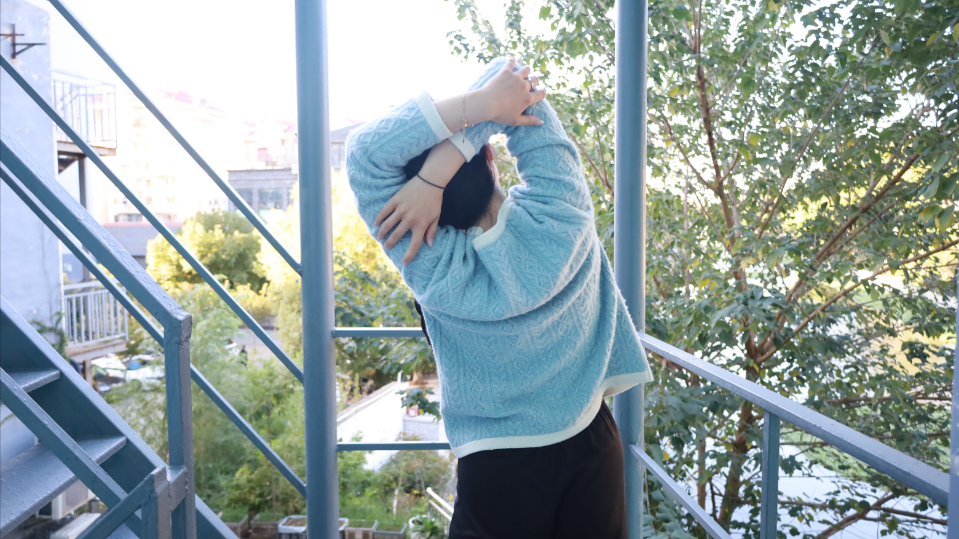
1Balancing Body and Mind
TCM believes that the body and mind are interconnected, and physical health is closely related to mental health. Therefore, TCM health preservation emphasizes regulating emotions, avoiding stress, and maintaining psychological balance to achieve the goal of nurturing both body and mind.
2Dietary Regulation
Dietary regulation is crucial in TCM health preservation. TCM considers diet as the primary condition for health. It emphasizes selecting different ingredients, cooking methods, and portion sizes based on individual differences and physical conditions to maintain health.
3Regulating Qi and Blood
TCM views Qi and blood as the material basis for life activities, and balancing Qi and blood is an essential aspect of health preservation. Methods for regulating Qi and blood in TCM include exercise, massage, acupuncture, and medicinal cuisine, all aimed at achieving balance and maintaining health.
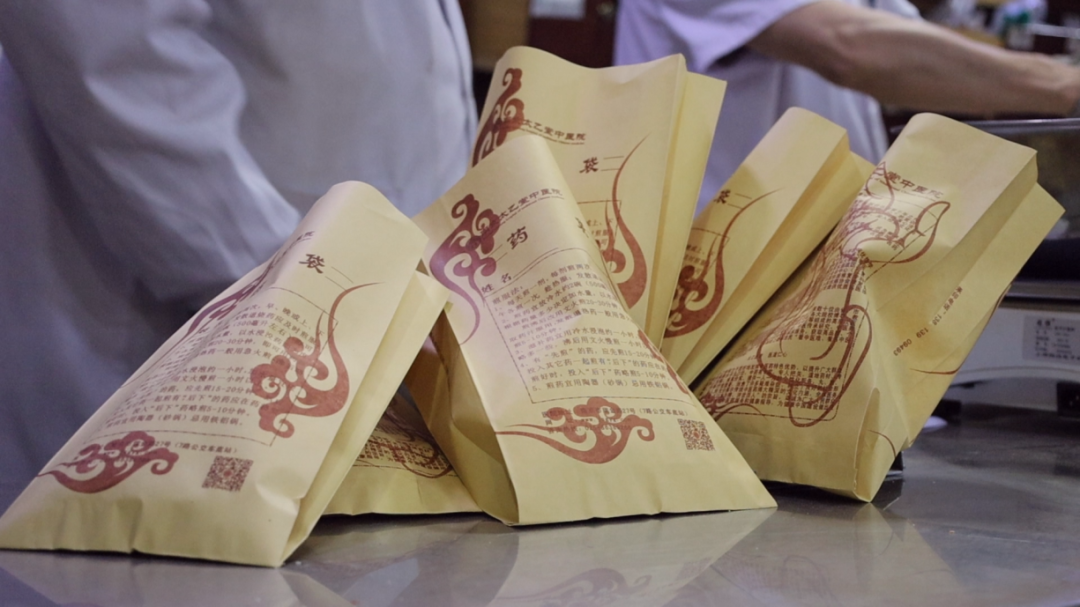


Inheriting TCM: We Are Taking Action
Nanjing Taiyi Hall Traditional Chinese Medicine Hospital is based on the holistic view of TCM, adhering to TCM thinking, employing traditional techniques, and upholding the philosophy of “inheriting the classics, maintaining integrity, and innovating.” It focuses on health protection, emphasizing the principles of “preventing disease before it occurs, preventing changes during illness, and preventing recurrence after recovery,” guided by high-quality nursing services, achieving a harmonious balance of body and mind through syndrome differentiation and treatment.
Each National Traditional Medicine Day is a heartfelt reflection on the historical accumulation of TCM and a firm outlook on future innovation and development. Let us join hands to respect, inherit, and promote this great heritage of the Chinese nation, allowing the light of traditional medicine to illuminate the path to human health.
